Humans
Sign up for our newsletter
We summarize the week's scientific breakthroughs every Thursday.
-
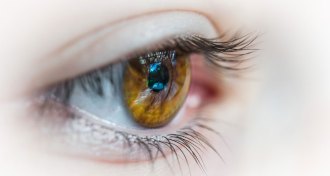 Health & Medicine
Health & Medicine50 years ago, scientists tried to transplant part of a human eye
In 1969, a doctor tried and failed to restore a 54-year-old man’s vision. Fifty years later, scientists are still struggling to make eye transplants work.
-
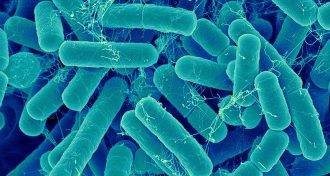 Life
LifeA gut bacteria transplant may not help you lose weight
A small study finds that transplanting gut microbes from a lean person into obese people didn’t lead to weight loss, as hoped.
-
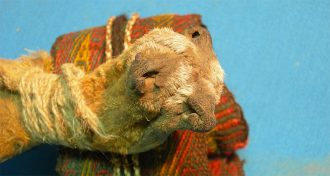 Archaeology
ArchaeologyAn ancient pouch reveals the hallucinogen stash of an Andes shaman
South American shamans in the Andes Mountains carried mind-altering ingredients 1,000 years ago, a study finds.
By Bruce Bower -
 Anthropology
AnthropologyA jawbone shows Denisovans lived on the Tibetan Plateau long before humans
A Denisovan jaw is the earliest evidence of hominids on the Tibetan Plateau, and the first fossil outside of Siberia from the mysterious human lineage.
By Bruce Bower -
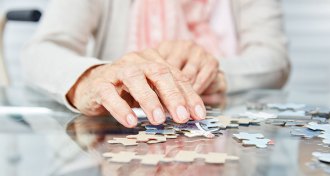 Health & Medicine
Health & MedicineA mysterious dementia that mimics Alzheimer’s gets named LATE
An underappreciated form of dementia that causes memory trouble in older people gets a name: LATE.
-
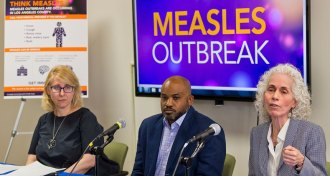 Health & Medicine
Health & MedicineHow holes in herd immunity led to a 25-year high in U.S. measles cases
U.S. measles cases have surged to 704. Outbreaks reveal pockets of vulnerability where too many unvaccinated people are helping the virus spread.
-
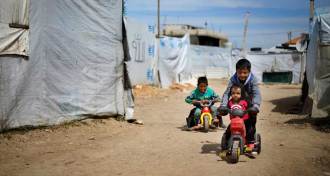 Health & Medicine
Health & MedicineWhy war’s emotional wounds run deeper for some kids and not others
Researchers examine why war’s emotional wounds run deep in some youngsters, not others.
By Bruce Bower -
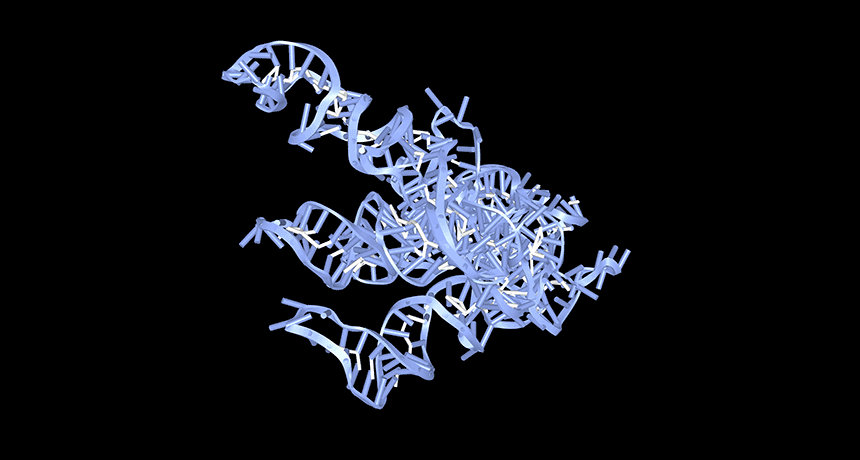 Genetics
GeneticsA lack of circular RNAs may trigger lupus
Researchers close in on how low levels of a kind of RNA may trigger lupus — offering hope for future treatments for the autoimmune disease.
-
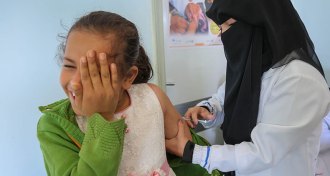 Health & Medicine
Health & MedicineU.S. measles cases hit a record high since the disease was eliminated in 2000
Each year from 2010 to 2017, 21 million children did not get vaccinated against measles, according to UNICEF.
-
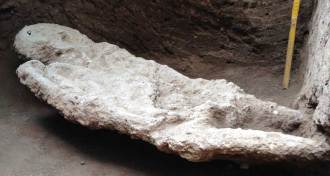 Archaeology
ArchaeologyExcavations show hunter-gatherers lived in the Amazon more than 10,000 years ago
Early foragers may have laid the foundation for farming’s ascent in South America’s tropical forests.
By Bruce Bower -
 Health & Medicine
Health & MedicineA neural implant can translate brain activity into sentences
With electrodes in the brain, scientists translated neural signals into speech, which could someday help the speechless speak.
-
 Humans
HumansMedicaid expansion may help shrink health gaps between black and white babies
States that expanded Medicaid as part of the Affordable Care Act shrunk racial disparities between black and white infants, a new study shows.
By Sujata Gupta